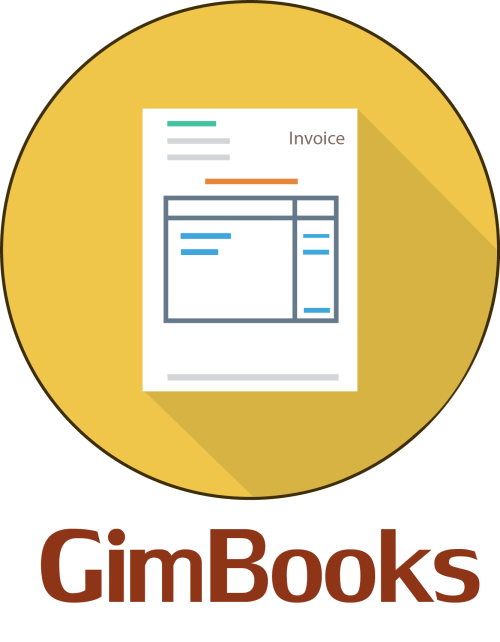Is your business eligible for an invoice? Is it mandatory for your business?
E-invoice is a system in which B2B invoices are authenticated. Is your business eligible for e-invoice? find it below
What is e-invoicing under GST?
E-invoicing under GST is a system of generating invoices in a specific format given by the Government Schema
The invoices are then uploaded to Invoice Registration Portal (IRP) which will validate e-invoices for errors. Upon successful validation, the IRP will generate a unique Invoice Reference Number (IRN) & QR code for the e-invoice & IRP stores it for 24 hours.
Invoice Registration Portal (IRP) will share the e-invoice data with the E-way bill portal to auto-populate the e-way bills & GST Returns.
Who is Eligible for E-invoice?
The CBIC has notified that e-invoicing will be applicable to the taxpayers:
- With a turnover of more than Rs 50 crores in any financial year from FY 2017-18 onwards. (as per the update on 8th March 2021)
- B2B issues invoices
- Those who supply goods or services or both to a registered person.
Note:
- Suppliers to SEZs will be eligible under e-invoicing.
- SEZ developer with the defined Turnover are required to generate e-invoices
- If all the guidelines are met, DTA units are required to issue e-invoices.
These businesses will have to declare the following documents on the Invoice Registration Portal (IRP):
- B2B invoices
- B2G invoices
- RCM invoices
- Export Invoices
- Credit Notes
- Debit Notes
- QR Codes for B2C invoices
Who is Exempted from E-invoicing?
Since E-invoicing is a B2B based process, most companies dealing in B2C (i.e. companies dealing with customers directly) transactions are exempted from e-invoicing.
The following category of taxpayers are exempted from the e-invoicing process:
- Financial Institutions
- Non Financial Institutions
- Insurance Company
- Goods & Transport Agency
- Free Trade and Warehousing zones
- Special Economic Zone (SEZ) units
- Any transport service provider agents
How to check E-invoicing eligibility on IRP? Step by Step process
Taxpayers can check eligibility of a GSTIN on the e-invoice portal. Check out the steps below:
- Visit whatportal.
- Click on the ‘Search’ Tab. A drop down list will appear. Select ‘e-invoice status of Taxpayer’
- Enter your ‘GSTIN’ and ‘Captcha’ code. Then click on ‘Go’
- Check the Submitted Details on IRP.
Note: You will first need to register yourself on the e-invoice portal if you are not already registered.
Conclusion:
E-invoicing will benefit businesses by making GST compliance simpler for more than one provisions of GST
Also Read,
